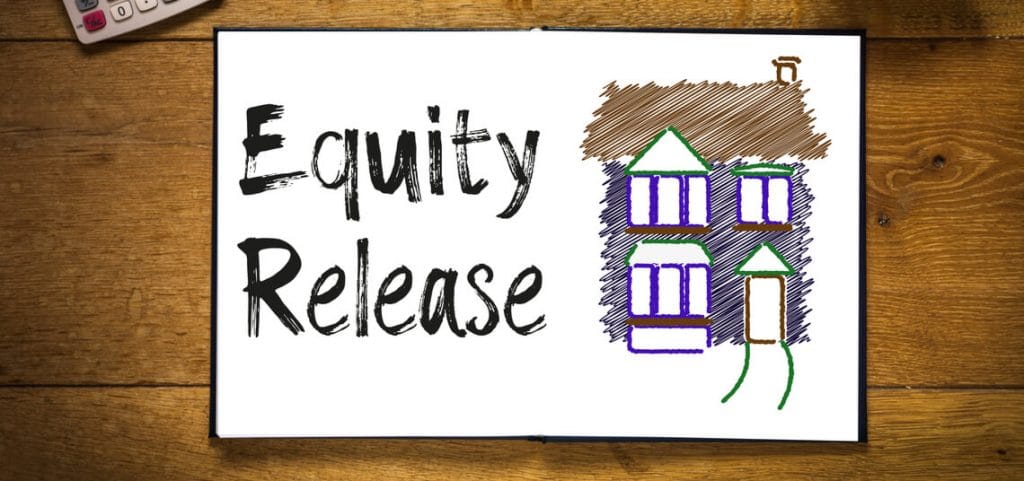As the UK’s first-ever digital lender, Molo leads the way for online mortgages and gives people a seamless and transparent way to buy a property. But what are the key differences when it comes to online mortgages versus traditional ones? Molo CEO Francesca Carlesi is on hand to answer questions and talk about the mortgage landscape as well as the role Molo plays in digitising how people buy a home.
Since launching Molo in 2018, how fast has the company grown, and how relevant is its success to the mortgage industry?
We’ve grown rapidly since launching in 2018, especially since the pandemic. So far, Molo has provided more than £300million worth of new loans. Last year alone, we grew more than 30x in mortgage loan originations vs 2020. On top of that, we’ve grown by double digits month on month.
It’s now at the point where Molo is recognised as one of the top lenders in the buy-to-let market. This is despite not having the history of some of the most prominent players and traditional lenders that have operated in the market for many years.
I believe we’ve achieved this status by taking an entirely different approach than the other lenders operating in the market. I don’t see Molo as a mortgage lender – it’s a technology company challenging the status quo.
We’ve leveraged the power of technology to bring our customers a safer, improved and more accessible way to finance their homes. The result is a unique proposition where customers get a mortgage approved directly online in minutes, not weeks.
Essentially, Molo streamlines the cumbersome process by cutting the paperwork and harnessing real-time data to provide instant decisions.
Many thought it was impossible to digitise the mortgage sector. Not only have we shown that it’s possible, but it’s the way forward.
How quickly do you think consumers will feel comfortable with online mortgage lending as a concept compared to traditional processes?
Consumers are already comfortable with digital processes, to the point where it’s become the expectation. It’s no different with mortgages. Remember that these are the same people who bank, make fast payments, order taxis and food through a digital medium.
Since starting Molo, we’ve seen more than £1.2bn worth of applications, equivalent to 5,000 customers. These digital adopters decided they wanted to finance a property purchase with a digital mortgage.
I expect the trend to continue, especially as younger generations are naturally tech-savvy. People search for a property online, and you can even view homes virtually now. It makes sense for them to complete their finance application online.
Molo spends lots of time talking to customers, and a recent survey we conducted revealed that a third of customers expect to get a mortgage entirely online.
If you want more insight, you only need to look to the United States. The two leading online lenders have taken over significant market share from traditional banks, reducing the share of incumbents from 76% to 44%.
Customers are ready, and we need to focus on providing them with the ability and experience they both expect and deserve.
What does Customer Service mean to Molo, and how does it help customers?
Implementing innovative digital processes means more AI, and human customer service is increasingly moving towards a tech-led world. However, it’s important to remember that Molo is digital-first, not digital-only.
Service is the key factor in providing our customers with a better experience than other lenders in the industry. Technology and digitisation play an integral role here, but the human element truly makes the difference.
It’s why we’ve built a stellar customer service team ready to interact with customers through our online chat, booked meetings or via the phone. You can go through the entire mortgage application process without speaking to a human if that suits you, but they’re always there, ready to answer queries and ensure that you receive an excellent service. This is reflected in our positive reviews.
We also shouldn’t forget that we can provide high levels of customer service with such a small team because they focus on addressing the most valued questions. Technology takes care of the rest, a contrast with traditional players where huge customer service teams are deployed to answer even the most simple troubleshooting issues.
At Molo, we relentlessly improve our process to ensure that when a team member steps in, they can advise the customer on the most complex queries.
What advice would you give to startups in the FinTech mortgage industry?
Don’t forget the importance of the ‘fin’ in fintech. And don’t underestimate the complexity and legacy of the sector. There is no doubt in my mind that a fresh approach to mortgage lending is required, and the time has come for technology to combine with innovation to play a significant role from now on.
But we shouldn’t forget that mortgages are one of the most highly regulated financial products globally and one of the most complex in financial services. Digitising and automating lending is, therefore, more complex and difficult than in other sectors, and this is often underestimated.
In addition, lending in the mortgage sector carries a strong social responsibility: customers deserve to be treated fairly, and there is no space for cutting corners.



